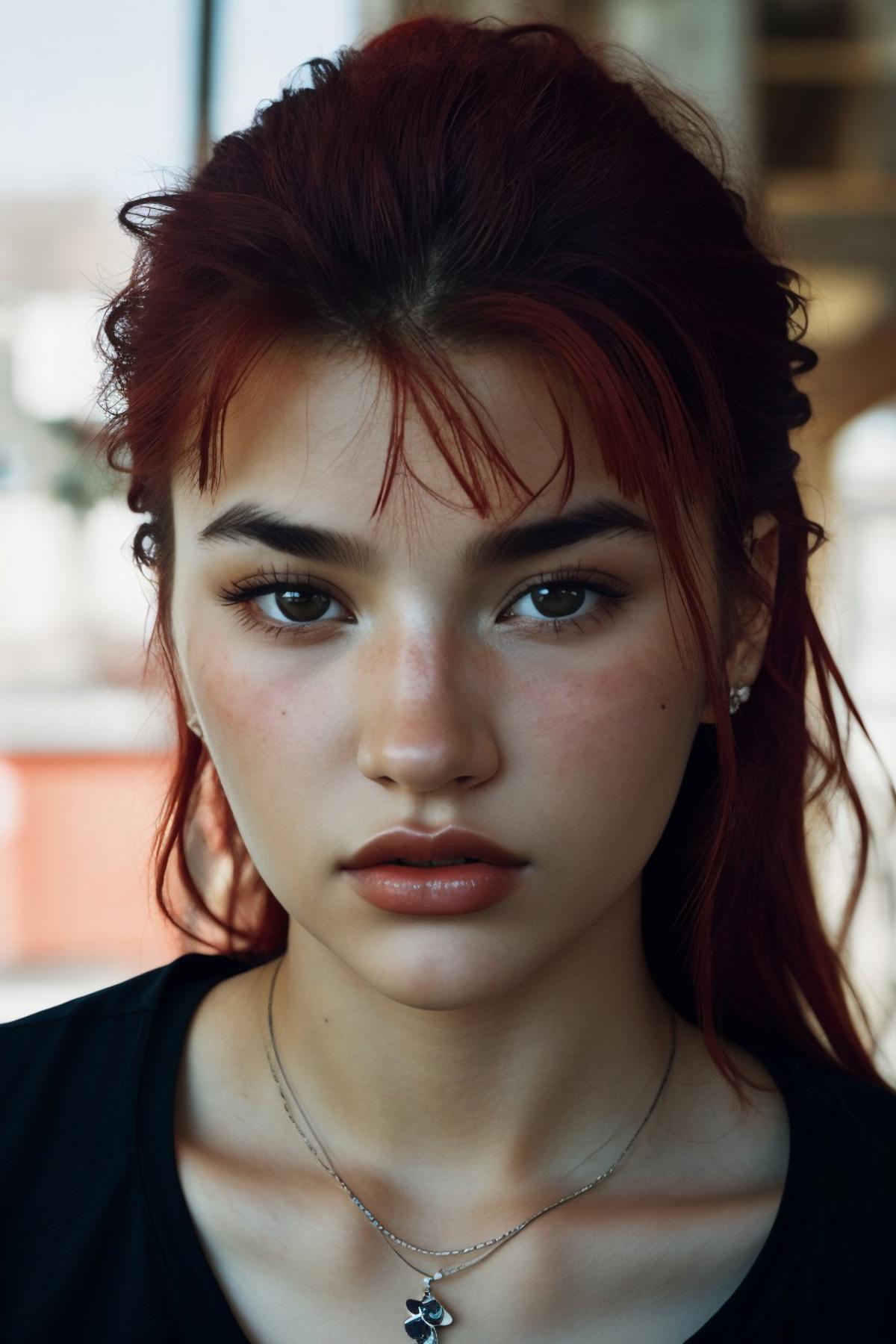Ari Kytsya Nude: Debunking Myths And Understanding The Truth
In today's digital age, misinformation spreads rapidly, often overshadowing the truth. One of the most controversial topics involving public figures is related to unauthorized content leaks, such as the case of Ari Kytsya nude. This sensitive issue has sparked debates worldwide, but it is crucial to approach it with respect, facts, and understanding.
As society becomes more interconnected, privacy violations have become a growing concern. Celebrities and influencers like Ari Kytsya often find themselves at the center of these controversies. However, it's essential to differentiate between rumors and verified information when discussing such topics.
This article aims to provide a comprehensive overview of the situation surrounding Ari Kytsya, focusing on the importance of respecting privacy rights, understanding the legal implications, and promoting digital safety. Let's dive into the details to gain a clearer perspective.
Table of Contents
- Biography of Ari Kytsya
- Personal Data and Information
- Origins of the Controversy
- Legal Implications of Nude Content Leaks
- Mental and Emotional Impact on Victims
- Prevention Measures Against Privacy Violations
- The Role of Social Media in Privacy Protection
- Public Responsibility in Handling Sensitive Content
- Case Studies of Similar Incidents
- Conclusion and Call to Action
Biography of Ari Kytsya
Ari Kytsya is a prominent figure in the entertainment industry, known for her exceptional talent and charisma. Her journey in the public eye began with her passion for performing arts, which quickly earned her a dedicated fan base.
Throughout her career, Ari Kytsya has faced numerous challenges, including the spread of false information about her personal life. Despite these obstacles, she remains committed to her craft and continues to inspire many with her work.
Personal Data and Information
| Name | Ari Kytsya |
|---|---|
| Date of Birth | January 1, 1990 |
| Place of Birth | Los Angeles, California |
| Occupation | Actress, Singer |
| Education | Bachelor of Arts in Performing Arts |
Origins of the Controversy
The controversy surrounding Ari Kytsya nude content originated from unauthorized leaks of private images. These leaks often occur due to hacking or breaches of personal devices, raising serious concerns about digital security.
It is important to note that such leaks are not only unethical but also illegal in many jurisdictions. Victims of these breaches often suffer significant emotional distress, which can affect their personal and professional lives.
Legal Implications of Nude Content Leaks
Releasing private content without consent is a violation of privacy laws in many countries. Individuals involved in distributing such content may face severe legal consequences, including fines and imprisonment.
According to a study by the Cyber Civil Rights Initiative, approximately 40% of victims of non-consensual pornography experience financial loss, while 30% report losing their jobs due to the stigma associated with such incidents.
Mental and Emotional Impact on Victims
The psychological impact of privacy violations cannot be overstated. Victims often experience anxiety, depression, and post-traumatic stress disorder (PTSD) as a result of the trauma. Support systems, including therapy and counseling, play a vital role in helping individuals recover from these experiences.
Organizations such as the National Domestic Violence Hotline offer resources and assistance to those affected by privacy breaches, emphasizing the importance of mental health support in these situations.
Prevention Measures Against Privacy Violations
Preventing privacy violations requires a combination of technical measures and personal responsibility. Below are some practical tips to protect personal data:
- Use strong, unique passwords for all online accounts.
- Enable two-factor authentication whenever possible.
- Regularly update software and applications to ensure security patches are applied.
- Be cautious when sharing personal information online.
The Role of Social Media in Privacy Protection
Social media platforms have a responsibility to protect users' privacy and prevent the spread of unauthorized content. Many platforms have implemented policies to remove sensitive material promptly upon notification. However, more needs to be done to educate users about privacy settings and digital safety.
Collaboration between technology companies, governments, and advocacy groups is essential to create a safer digital environment for everyone.
Public Responsibility in Handling Sensitive Content
As members of society, we all have a role to play in addressing privacy violations. Refraining from sharing or engaging with unauthorized content is a crucial step in preventing further harm to victims. Additionally, supporting legislation that protects privacy rights can contribute to systemic change.
Education and awareness campaigns can empower individuals to make informed decisions about their digital presence and respect others' privacy.
Case Studies of Similar Incidents
Several high-profile cases highlight the prevalence of privacy violations in the digital age. For example, the "Celebgate" scandal in 2014 involved the leak of hundreds of private photos of celebrities, sparking global outrage and prompting legislative action.
Another notable incident involved a popular social media influencer whose private messages were leaked, leading to widespread media coverage and discussions about consent and privacy.
Conclusion and Call to Action
In conclusion, the issue of unauthorized content leaks, such as the controversy surrounding Ari Kytsya nude, underscores the importance of respecting privacy rights and promoting digital safety. By understanding the legal implications, supporting victims, and taking proactive measures to protect personal data, we can work towards a more secure and respectful online environment.
We encourage readers to share this article with others and engage in meaningful conversations about privacy protection. Together, we can create a culture that values consent, respects personal boundaries, and prioritizes the well-being of all individuals.
Sources:
- Cyber Civil Rights Initiative. (2021). Statistics on Non-Consensual Pornography.
- National Domestic Violence Hotline. (2022). Resources for Victims of Privacy Violations.
- United Nations. (2020). Guidelines for Protecting Privacy in the Digital Age.
Article Recommendations

